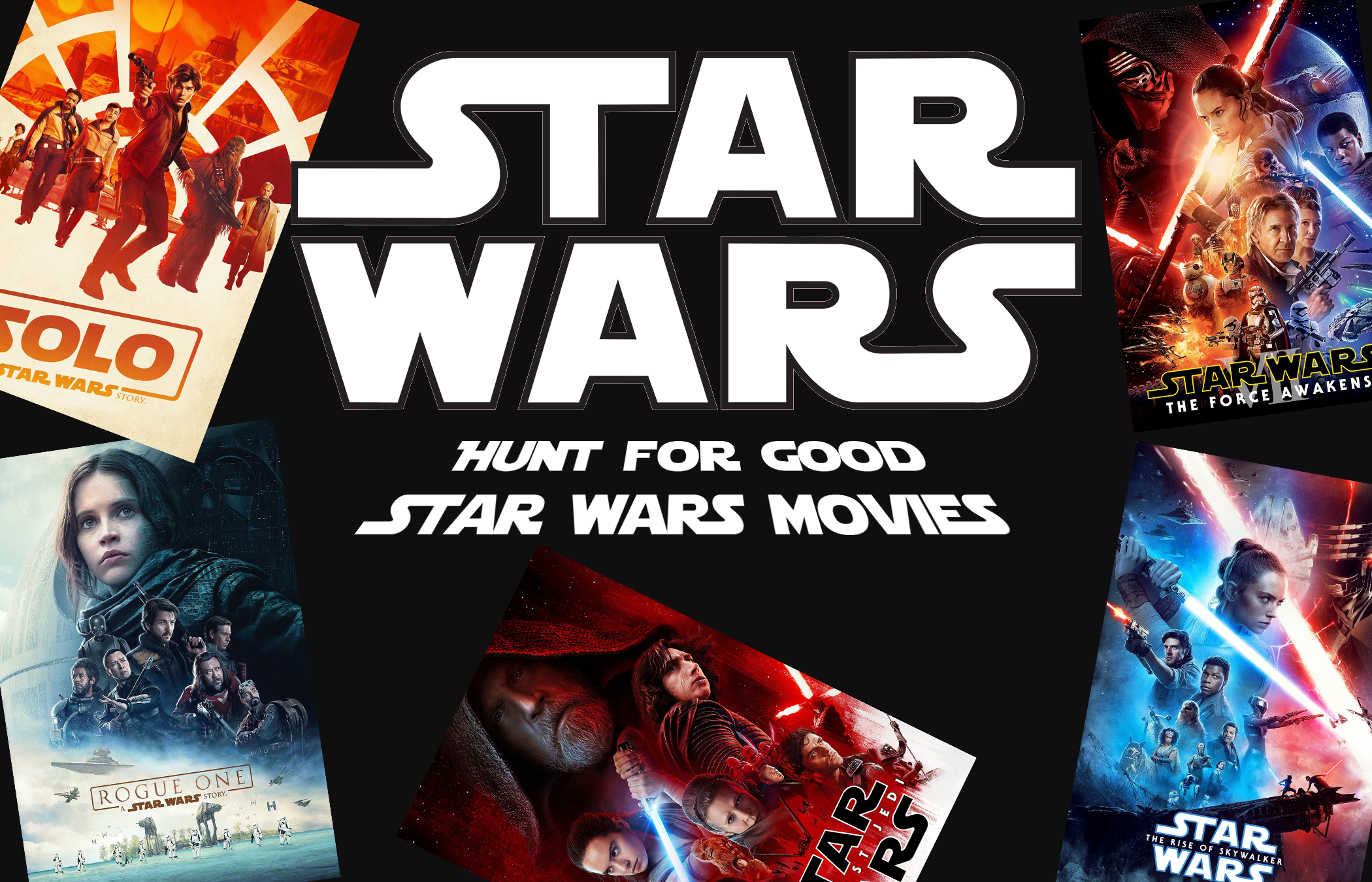
The Disney era of “Star Wars” has been… controversial.
Since purchasing Lucasfilm for more than $4 billion in 2012, we’ve seen plenty of excellent “Star Wars” content. The “High Republic” novels expanded the galaxy’s history, the “Star Wars: Jedi” video game series has produced award-nominated experiences and TV shows like “Andor” and season seven of “The Clone Wars” have given us some of the best pieces of art the franchise has ever produced.
But on the movie side, there has been less praise.
While “Rogue One: A Star Wars Story” and “The Force Awakens” were generally enjoyed by critics and audiences, “Solo: A Star Wars Story” was largely glossed over, “The Last Jedi” was one of the most divisive movies in the franchise and “The Rise of Skywalker” was almost universally panned.
All movies released since Disney’s takeover, even the better ones, have failed to capture the magic of the previous stories of the galaxy.
Enter Steven Soderbergh and Adam Driver.
Soderbergh is best known for his high-octane, fast-paced direction, best seen in 2001’s “Ocean’s Eleven.” Meanwhile, Driver has become one of the most sought-after actors in Hollywood after being launched into superstardom through his performance as Kylo Ren/Ben Solo in the sequel trilogy. Driver had consistently demonstrated a passion for the franchise. In fact, his performance is one of the only widely praised aspects of the sequel trilogy.
Two weeks ago, Driver revealed that he, Soderbergh and writer Scott Z. Burns pitched a movie to Lucasfilm and Disney, titled “The Hunt for Ben Solo,” which would take place after “The Rise of Skywalker.” The script had been developed for two years, actors were lined up and the film was ready for production.
Lucasfilm loved it. Disney didn’t.
According to Driver in an interview with the Associated Press, the higher-ups at Disney didn’t understand how Ben Solo could be alive after the events of Episode IX, so the movie died before it could get off the ground.
But this isn’t out of character for “Star Wars” under Disney. Take a look at the next movie on the franchise docket, “The Mandalorian & Grogu.” It’s a continuation of a story we’ve seen across three separate TV shows, with characters we’ve known for years. Even the sequel trilogy relied heavily on characters from the original trilogy to drive interest for the films, despite having all-new characters.
“Rogue One” introduced new, original characters, but landed in a place on the timeline where we already knew the end of the story. “The Hunt for Ben Solo” would’ve been different, unexpected and exciting.
But it would’ve been a risk. And Disney has shown that its primary goal with “Star Wars” movies is to play it safe.
This is the same company that saw the mixed reactions to “The Last Jedi,” panicked and reconstructed the narrative of Episode IX from scratch, shoehorning in villains from previous eras in the process.
If Disney’s argument is that reviving Kylo Ren would detract from the stakes and accomplishments of the characters in “The Rise of Skywalker,” I would wonder whether they actually watched the movie.
The film brings back Emperor Palpatine, who had already been killed in the franchise. The film features fake-out deaths for Chewbacca, C-3PO, Rey and Kylo Ren all in the same movie. The stakes had already been removed. “The Hunt for Ben Solo” simply would’ve dared to make those events more interesting.
But that’s the problem with Disney’s ownership of “Star Wars.” It’s not that everything they put out has been bad – far from it. It’s that almost all of the content, especially the movies, has come from the top down: a corporate reaction to perceived audience desires. They shoot down passion projects while greenlighting the same story we’ve seen before.
Can you imagine if the original “Star Wars” trilogy played it this safe? Imagine Darth Vader not being Luke’s father because Obi-Wan said he was dead in “A New Hope.”
This problem isn’t limited to “Star Wars,” but this franchise is perhaps the best indicator of the trend. The story of “Star Wars” is about taking risks, using the power of individuals to fight against the evils of oppression and being true to the stories of the people who tell them.
People will always show up for “Star Wars.” The least we can do is make sure it’s worth their while.
Source link

